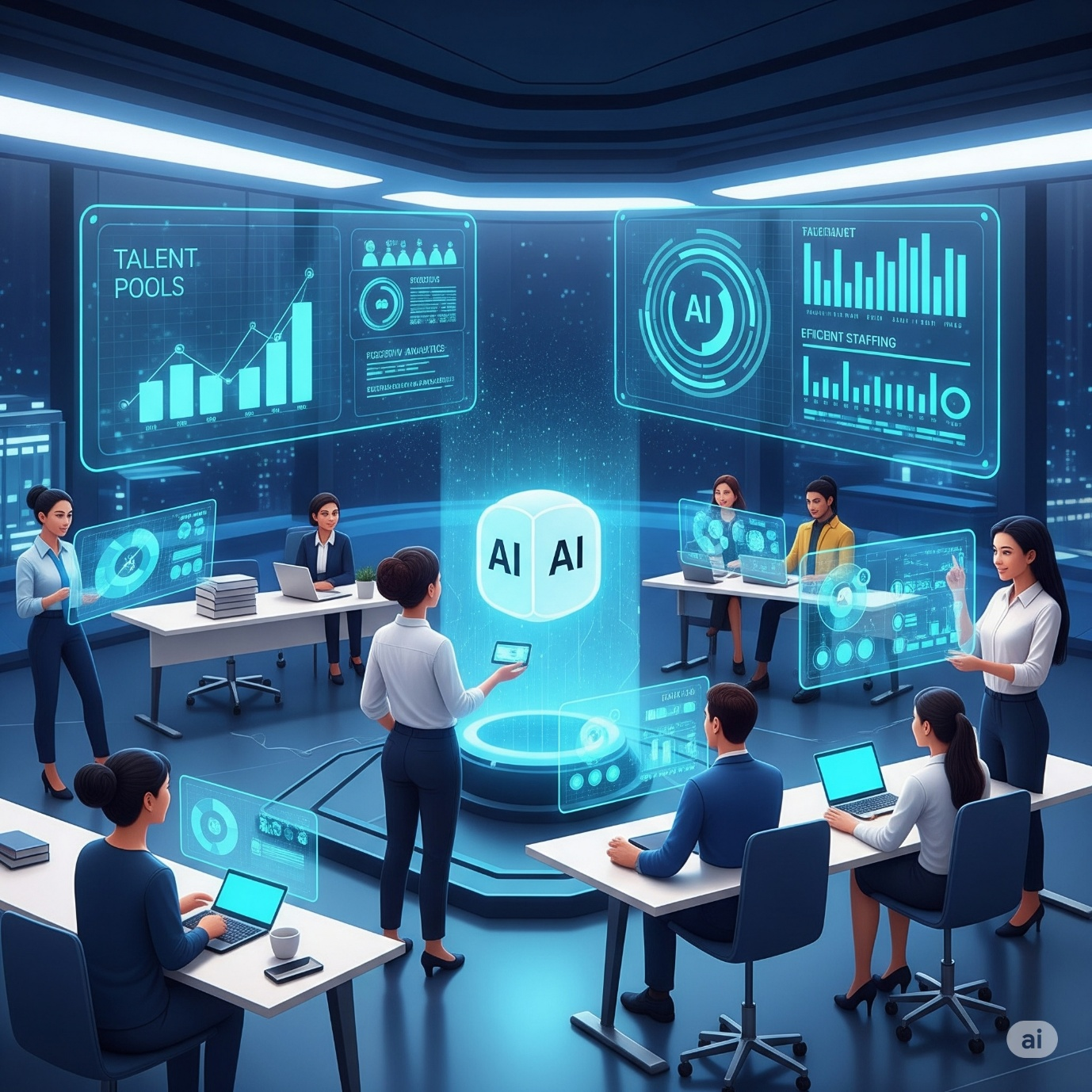The hum of the digital age is undeniable, a constant thrumming that underpins nearly every facet of our lives. And in the world of work, that hum has grown into a powerful current, particularly when it comes to finding the right people for the right roles. For years, the conversation around technology in recruitment has often leaned towards automation, efficiency, and perhaps, a touch of the impersonal. But something fascinating is happening. Artificial intelligence, often perceived as the epitome of cold, calculating logic, is actually helping us rediscover the human element in hiring.
Think back to the days of sifting through endless paper resumes, the inherent biases that could unconsciously creep into initial screenings, the sheer time sink involved in connecting with a truly promising candidate amidst the noise. Now, imagine a world where AI acts as an intelligent compass, not just processing data, but understanding the nuances of skills, cultural fit, and even the subtle cues that speak to a candidate's true potential. It's not about replacing the human touch; it's about amplifying it. AI can handle the heavy lifting – the initial sorting, the identification of skill gaps and overlaps – freeing up human recruiters to do what they do best: connect, empathize, and truly understand the aspirations and ambitions of individuals.
Here in Delhi, and across the globe, we're seeing a shift. AI tools are helping recruiters identify diverse talent pools they might have otherwise missed. They're enabling more objective assessments, reducing unconscious bias, and ultimately leading to fairer and more effective hiring decisions. Imagine AI that can analyze the language used in interviews to identify key personality traits or predict a candidate's potential for growth within a specific team dynamic. This isn't science fiction; it's the reality that's unfolding. The future of recruitment isn't about robots taking over; it's about humans and intelligent machines working in tandem, creating a more insightful, efficient, and ultimately, more human-centered approach to building the workforces of tomorrow. It’s about using the power of algorithms to foster genuine human connection and build teams that are not just skilled, but truly thrive together.
